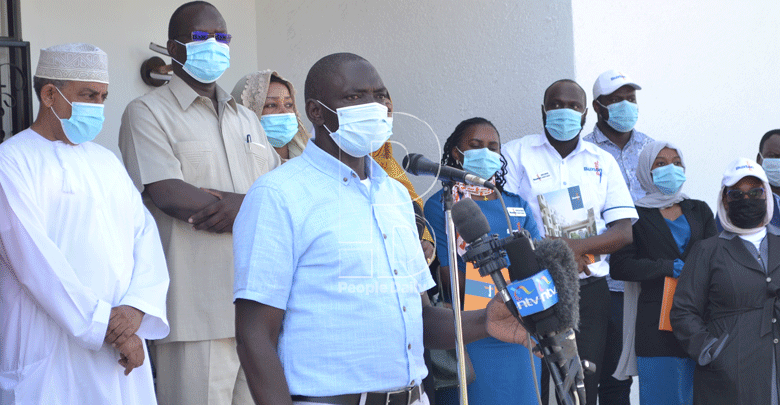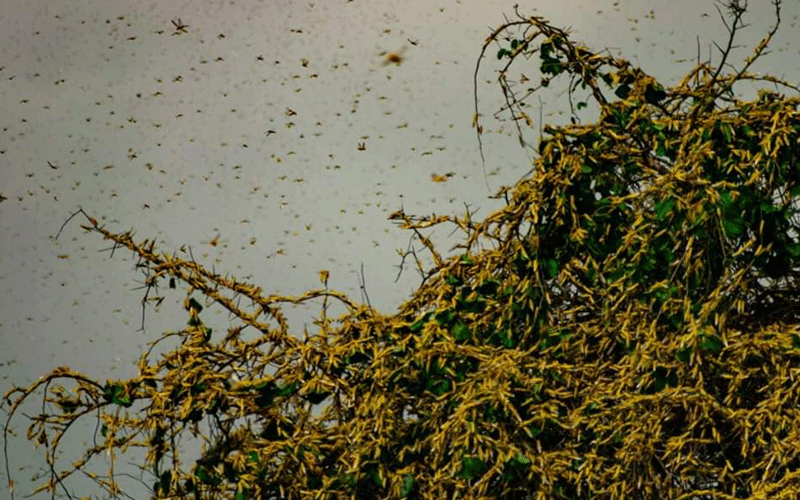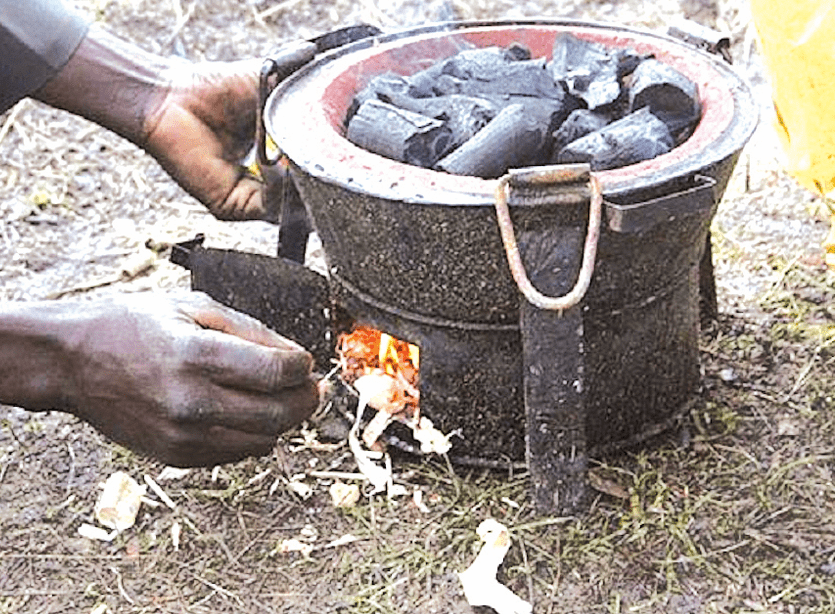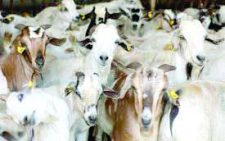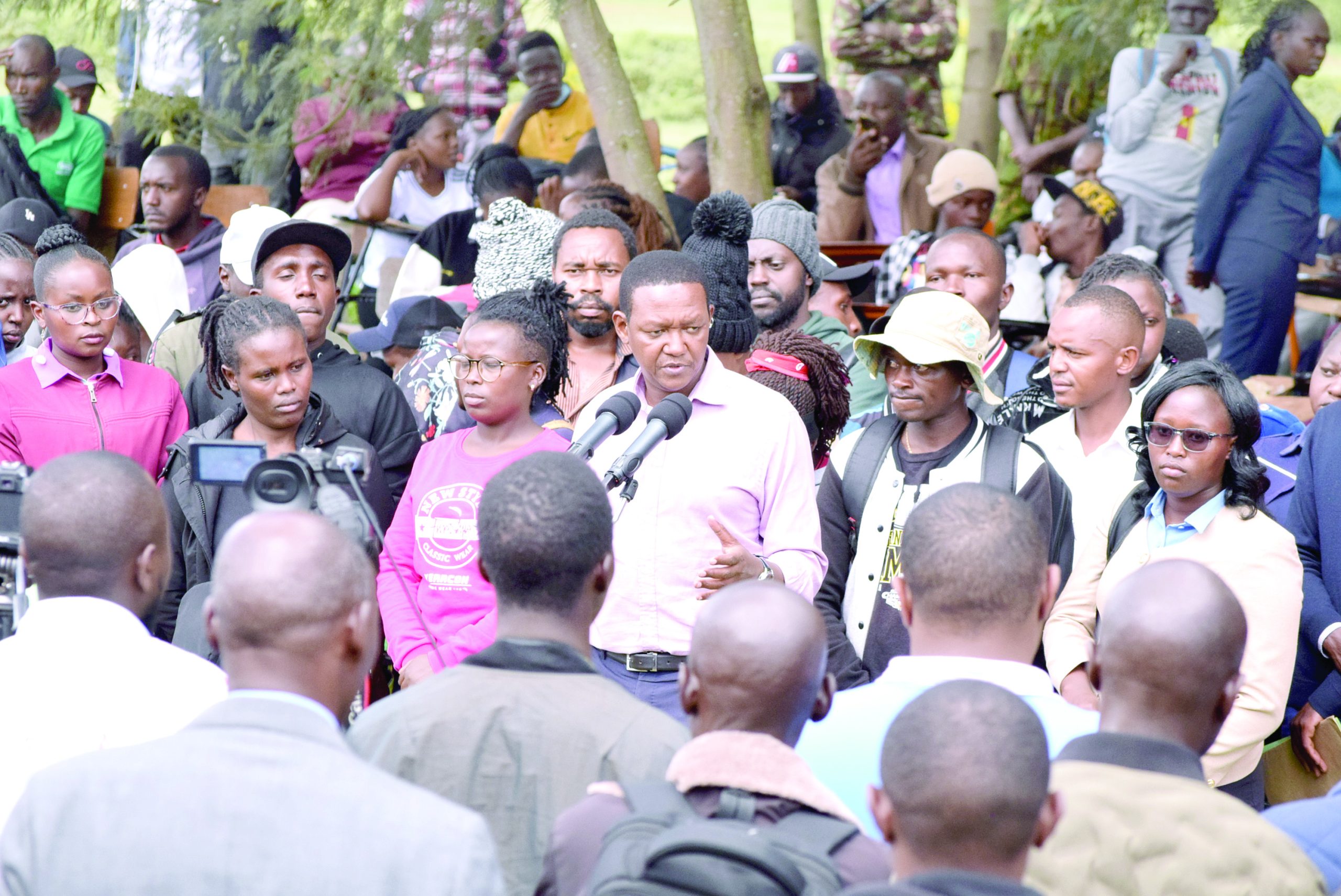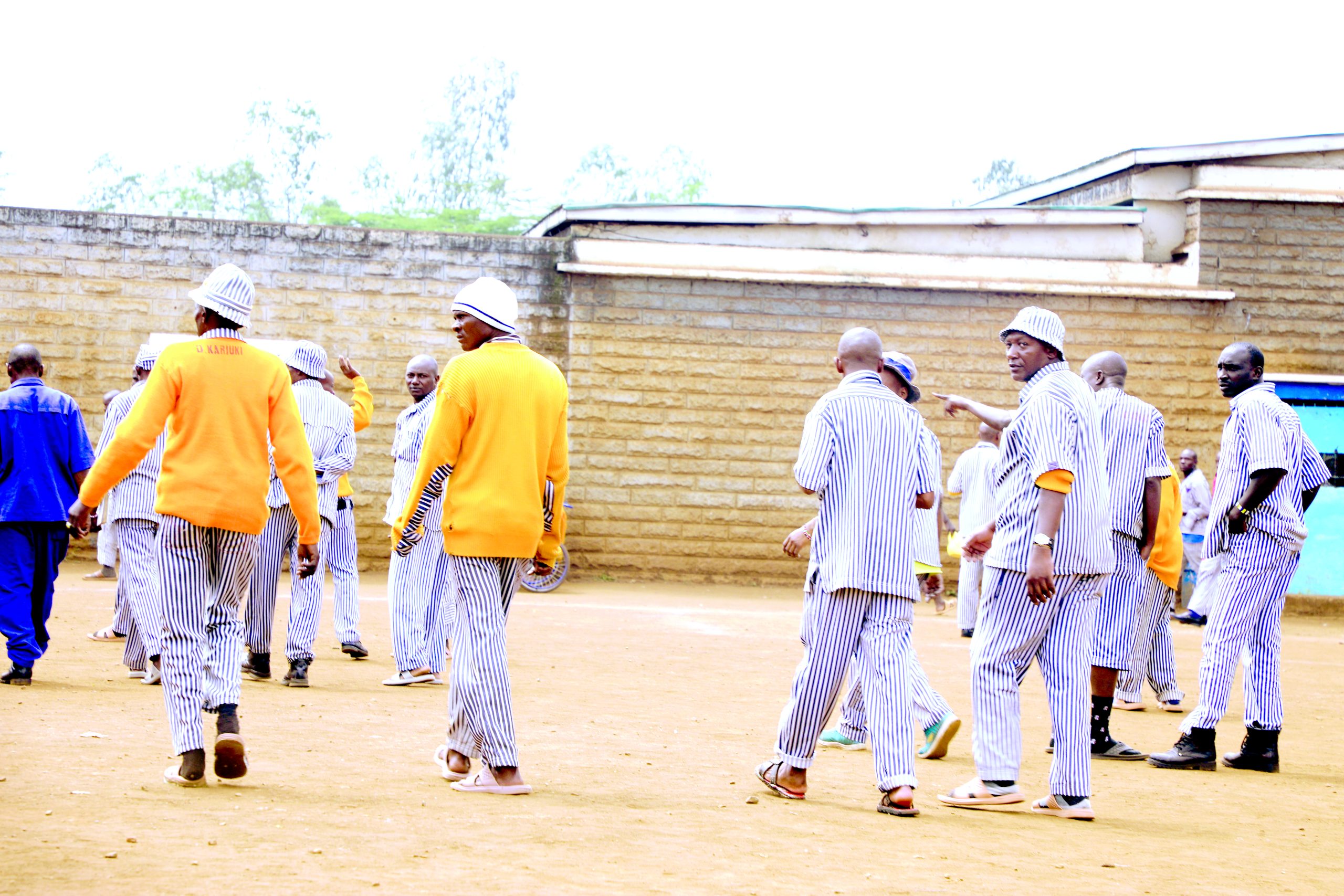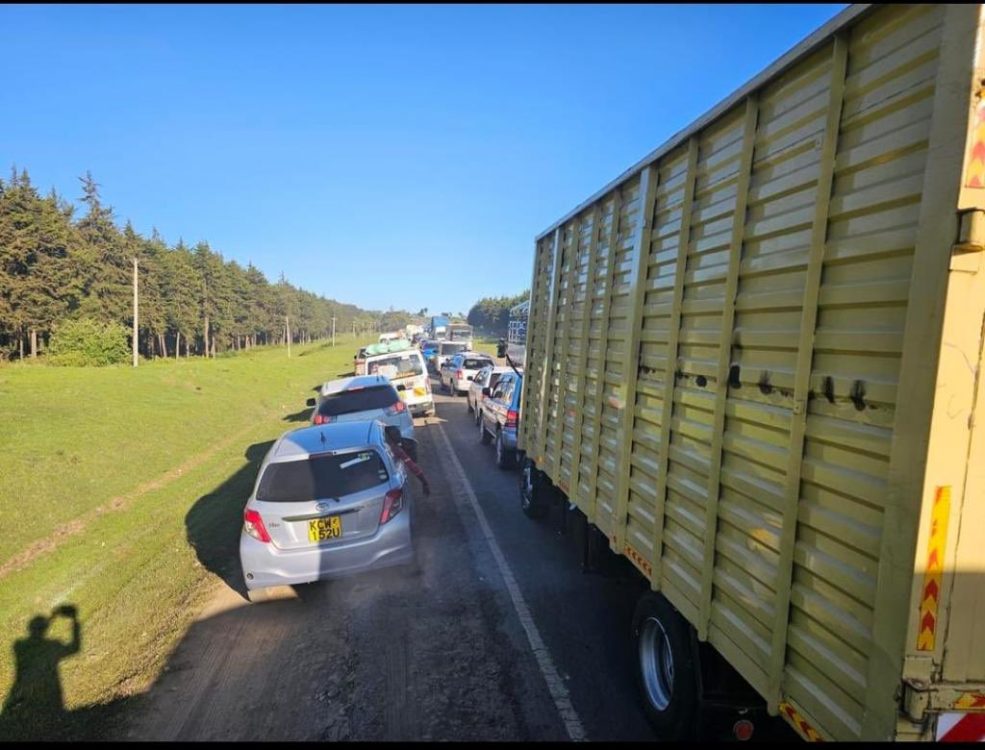Desert locusts: Blessing in disguise for Laikipia youth
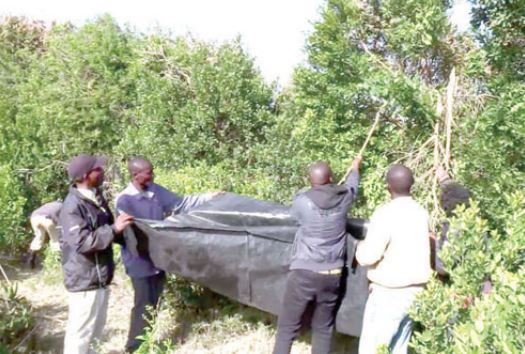
The locust invasion, which has become a nightmare in some parts of the country, has turned out to be a blessing for some youth in Laikipia County, who are now making a living from the insects.
The youth have been harvesting the desert locusts and selling them to a local investor at Sh50 a kilogramme. While describing the current invasion as “heaven sent”, the youth said on a good evening they make at least Sh10,000.
The group tracks the locust swarms using motorbikes. Led by Samuel Mbugua, the youth have formed a five-member group through which they sell the pests to a local investor, Piloki Farm, who grinds and turns them into animal feed.
Piloki Farm specialises in making animal feed from different types of insects.
“For a long time we have known desert locusts as a menace, but now we are elated they are our main source of income,” said Mbugua.
Another member of the group, Martin Wanjohi, said they collect at least 200 kilogrammes a night. They harvest the insects at night when they are inactive and not during the day as the they are highly mobile.
“We place a piece of paper or sheet under a tree where the pests rest and use long sticks to shake the branches as they drop easily,” he added.
“We have assigned some youths with motorbikes to monitor the movement of the swarms during the day until they rest where another team joins and starts the process of collecting them,” said Wanjohi.
Micheal Ng’ang’a, another member, has urged the government to stop spraying the locusts, since they are now eking out a living from selling them.
Sapcone Manager Abdi Adan, who is mobilising the youth to engage in the desert locust capturing, has welcomed the initiative, saying it is timely.
“Desert locust capturing is a cash programme aimed at boosting the livelihood of communities. We are training youths on how to capture them easily,” he said.
Piloki Farm manager Anne Scilla, said the pests are crushed while still alive and then dried.
“It is impressive how they have embraced locust capturing. We are buying a kilo at Sh50 and we encourage them to bring as much as they get,” said Scilla.
“We do not buy locusts which have been sprayed with pesticides to avoid contamination. To ascertain they are not sprayed, we leave them in a bag for 72 hours and if they will still be alive, then they are fine for processing,” added Scilla.
The manager says desert locusts are high in protein hence are used to replace omena and soya in manufacturing animal feeds.
Ground spraying
For over a year since the locusts invaded the country, the government and the Food and Agricultural Organisation have been battling them through aerial and ground spraying. According to Government Spokesman Cyrus Oguna, there are nine aircraft in use for spraying and surveillance.
“We have controlled up to 80 per cent of locusts that had invaded the country in the second phase. We are remaining with 20 per cent, which we are trying to control and in a couple of months we will have contained them,” said Oguna.

